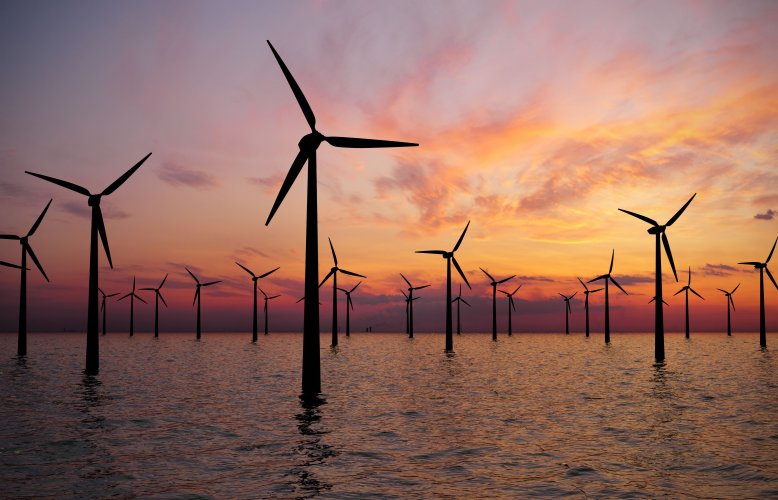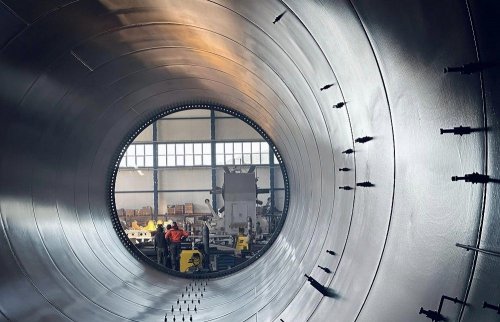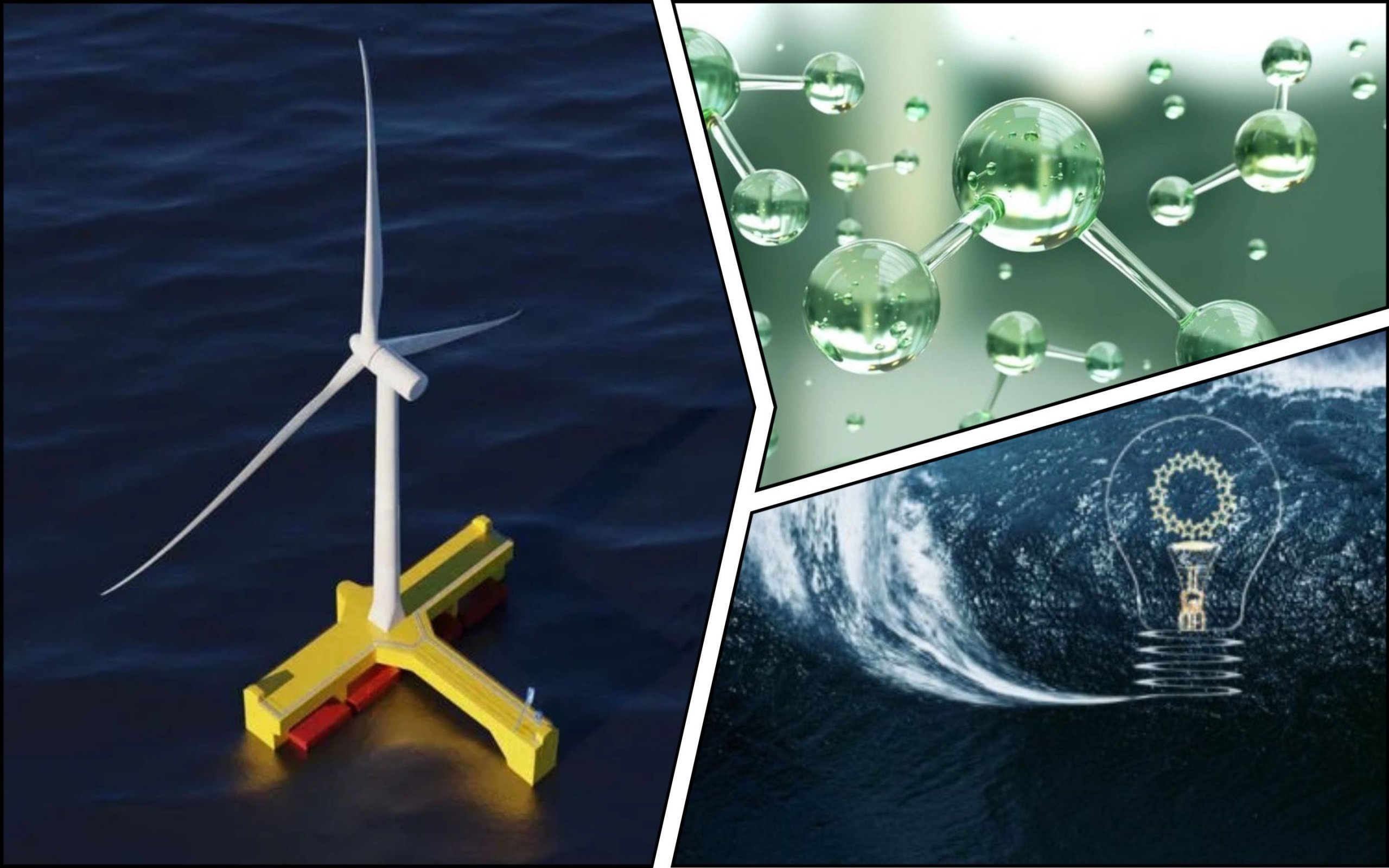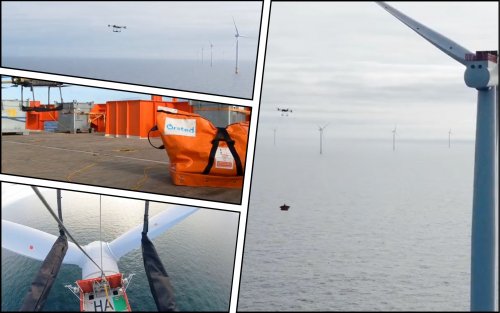Three wind energy companies abandoned the implementation of their large offshore projects due to a significant increase in the costs of their implementation.
Although the world's demand for renewable energy is growing sharply, new market conditions threaten capacity scaling, reports Bloomberg.
It is noted that the economic crisis forced to stop three projects that would have added 3.5 GW of capacity, namely:
- Iberdrola SA – a wind farm off the coast of Massachusetts (USA);
- Orsted A/S – in Rhode Island (USA);
- Vattenfall AB – off the coast of Great Britain.
It is noted that the development of green energy projects is intensified by extreme heat caused by climate change, as well as by the EU's refusal of energy resources from Russia.
The material emphasized that other projects with a total capacity of 9.7 GW were also at risk of being stopped in the USA. After all, according to the developers, electricity prices are too low to justify the investment.
Bloomberg explained that the offshore wind industry has faced increasing costs. Thus, the rise in steel prices forced turbine manufacturers to raise prices. In addition, costs for key services such as specialized turbine installation vessels and rising interest rates have increased.
"This does not mean that investments have completely stopped. Some projects in the USA and Great Britain are still ongoing, despite the increase in cost," the article says.
It said the canceled and delayed projects show that governments will have to pay more if they want to acquire offshore wind power. Any delays mean greater reliance on fossil fuel generators. This will contribute to climate change, making emissions reduction targets even more elusive.
The article emphasized that offshore wind energy is crucial to achieving decarbonization goals. After all, wind turbines can produce three times more energy than a solar park generates, especially in overcast regions. This is prompting governments around the world to set ambitious targets for the deployment of offshore wind farms.
Bloomberg reported that the US plans to install 30 GW of offshore wind power plants by 2030. Currently, these indicators are almost zero. In addition, the UK, Germany and the Netherlands plan to quadruple their offshore capacity to 120 GW by 2030.
"Given that governments still intend to see how their environmental goals deliver lower costs for consumers, it is unclear how they can achieve such an expansion," the article emphasized.
Earlier, EcoPolitic wrote, that an analysis by clean energy researchers at BloombergNEF found that the wind energy industry's growth rate in 2022 fell to its lowest level in three years. Such a slowdown is associated with rapid growth in costs and changes in government policies.
As EcoPolitic previously reported, a new report by the International Energy Agency showed that the increase in the capacity of onshore wind power plants will reach a record growth of 70% to 107 GW.





